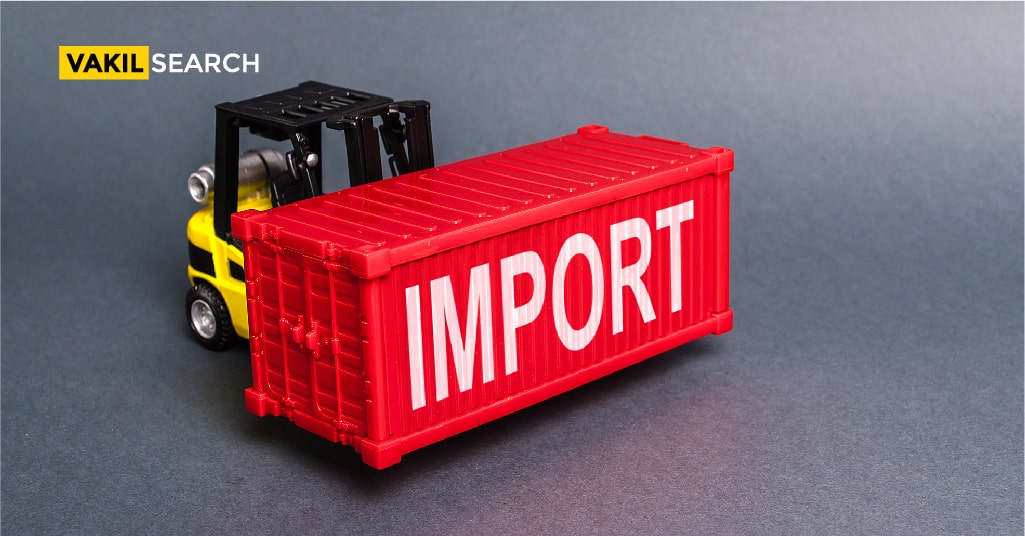Discover the efficiency of the Express Cargo Clearance System (ECCS), streamlining customs procedures for swift cargo clearance. Learn how this innovative system enhances trade facilitation and expedites logistics processes
Express Cargo Clearance System (ECCS)
The Express Cargo Clearance System (ECCS), initiated by the Express Industry Council of India (EICI) and Indian Customs, is a pilot project at the Courier Terminal.
ECCS, an automated application mandated by the Courier Imports and Exports (Electronic Declaration and Processing) Regulations since 2010, replaces manual mate receipts for shipping containers with computerized declarations for clearance.
This article provides an in-depth exploration of the ECCS process.
Features of Express Cargo Clearance System (ECCS)
- The Express Cargo Clearance System (ECCS) is an automation program developed by the Express Industry Council of India (EICI) and Indian Customs to facilitate the clearance process for courier imports and exports.
- ECCS involves electronic declaration, screening, examination, and assessment of goods. The system aims to streamline the clearance process and has been implemented to replace manual procedures, such as the issuance of mate receipts for containerized cargo.
- The ECCS is designed to expedite the clearance of international shipments and ensure rapid and accurate processing. It is a collaborative effort between the EICI and Indian Customs to modernize and automate the clearance process for express cargo shipments
ECCS involves the following key activities
- The Access Control Module assigns users specific tasks within the system.
- Thereafter, the Port Moderator, authorized to create and assign roles, designates tasks for users based on their types.
- Each user group, including authorized courier, customs, importers, and custodian, has a designated Group Admin created by the port administrator.
- These Group Admins can add users to their respective groups, with ECCS restricting user actions to relevant menus in each module based on assigned tasks.
Getting imported goods cleared
The mechanism outlined in these Regulations would control how imported items would be cleared under the ECCS. According to the Regulations,
- In order to import goods before they arrive, the Authorised Courier must submit an Express Cargo Manifest Import (ECM-I) in Form A to the appropriate officer in electronic format.
- Aside from following the Commissioner of Customs’ instructions, the Courier parcels holding the imported items would not be handled in any other way.
- Any package containing imported goods must not be opened without the proper officer’s permission.
- By giving the concerned officer a Courier Bill, the Authorised Courier or the agent who passed the test connected to Regulations 8 or 19 of the Customs House Agents Licensing Regulations, 2004, would enter the products that he imported into an electronic declaration.
- The imported goods managed to bring by the agent would be presented by the authorised courier in a way that satisfied the private officer or in accordance with any instructions approved by the Board or Public Notice proclaimed by the Commissioner of Customs from time to time for the procedure of inspection, screening, examination, and assessment.
- Any imported items that are not cleared even beyond the expiration date of 30 days after their arrival may, with the responsible officer’s consent, be auctioned or disposed of by the person in charge after providing notice towards the Authorised Courier as well as the proclaimed importer, if any.
Express Cargo Clearance System implementation
The software programme known as Air Express Cargo at Courier Terminal has been introduced by the Express Industry Council of India (EICI) and is intended to automate the customs clearance procedure. This software will be implemented in stages.
Procedures for Registration
Registration procedures for the Express Cargo Clearance System (ECCS) involve authorized users uploading forms such as CBE/ECM/CSB into the ECCS program from the headquarters of authorized couriers and importers. Regardless of the customs stations worked by an Authorized Courier, a centralized regulation number is assigned. While the ECCS registration process doesn’t require a specific procedure, it is based on PAN applications. PAN-based registration details are stored in the ECCS central registry after acquisition, and the directory upgrade process is overseen by the Auxiliary and Joint Commissioner of Customs for the respective jurisdiction.
Customers, using computer terminals provided by the Custodian in the Help Desk/Service Center, can independently upload ECM/CSB/CBE forms. For Authorized Courier/Importers submitting Courier Bills of Entry, a visit to the Customer Support Center with physical copies of necessary documentation is necessary. Staff in the Service Center/Help Desk input these documents into the ECCS.
All documents entered into the ECCS database are digitally signed, including Bills of Entry, responses, and detention memoranda. While Service Center staff digitally sign papers submitted through the centre, in some cases, importers and authorized couriers may need to sign and seal hard copies of electronic forms for legal integrity. The proposed system suggests using barcode scanners to display and modify consignment status for effective shipment regulation.
The Takeaway
In conclusion, for expert legal assistance regarding the Express Cargo Clearance System (ECCS), consult our Vakilsearch legal experts.
Also,Read:

